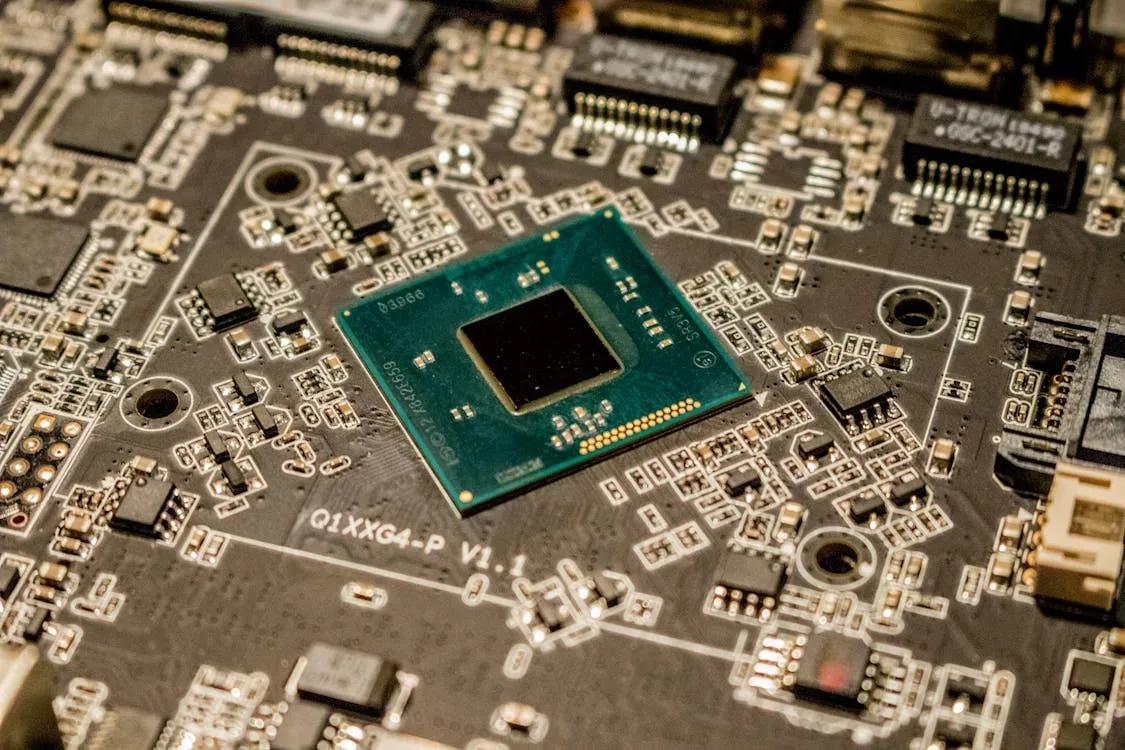Bitcoin vs Google Willow: No need to panic
Quantum breakthroughs excite, but experts confirm blockchain security is far from compromised

Google recently made a breakthrough with its Willow quantum processor—achieving a milestone in the field of quantum computing. This advancement brings us closer to understanding how cutting-edge technology could one day intersect with cryptocurrency.
Introducing Willow, our new state-of-the-art quantum computing chip with a breakthrough that can reduce errors exponentially as we scale up using more qubits, cracking a 30-year challenge in the field. In benchmark tests, Willow solved a standard computation in <5 mins that would…
— Sundar Pichai (@sundarpichai)
While this development is revolutionary, some onlookers think that quantum computers may soon break through the Bitcoin network.
Google's Willow chip works with 105 qubits—qubits being the basic unit of data in quantum computing. Think of a qubit as a spinning coin that represents both heads and tails at once, unlike a regular bit that can only show one side. In traditional computing, the smallest units of data, known as bits, can only be equivalent to either 0 or 1. However, a qubit can be in both states at the same time—unlocking a whole new realm of possibilities for computing.
Dr. Horst Simon, director of ADIA Labs, provides reassurance regarding concerns about quantum computing's impact on blockchain security. His insights help dispel fears that quantum computing will render blockchain obsolete anytime soon. “A lot of people say, 'Oh, quantum computing will break the blockchain.' And I don’t think so.” While quantum computing shows promise, it’s far from reaching the level required to threaten blockchain encryption.
While the development of Google's Willow chip is a notable advancement in the field, it still falls behind the required number of qubits for breaking through the Bitcoin network's stealthy encryption methods.
How many qubits to crack Bitcoin?
This was explained further by Chris Osborn, the founder of Solana-based Dialect who has extensive experience in quantum computing. He noted on X, “5,000-ish logical qubits are needed to run Shor's algorithm, the algorithm to break encryption. In other words, millions of physical qubits are needed to break encryption”—but Google’s Willow chip only has 105 qubits.
According to Osborn, physical qubits are noisy and useless, while logical qubits can correct errors and enable real computations.
CT: chill out about the Google quantum results today. Quick reality check:
— Chris | Dialect (@aliquotchris) December 10, 2024
1. Google claims to have demonstrated "below threshold" error correcting capabilities with their latest quantum chip. "Below threshold" is industry jargon for turning physical qubits, which are noisy,…
Dr. Simon elaborates on the limitations of quantum computing: “It will solve many problems, but I think it’s still years away from working, and even if we get it to work, it’s not clear whether all these problems people expect that they can solve with quantum computing can be solved very quickly.”
If quantum computers like Willow reach the point where they can easily break down large numbers, they may crack encryption schemes and compromise the integrity and security of wallets and transactions. However, to execute these tasks, quantum computers would need millions or billions of qubits with very low error rates—exceeding the capabilities of current technology.
Dr. Simon also highlights quantum computing’s limited accessibility: “One other thing about quantum computing is that the technology is still not easily accessible, so it’s still very elite technology that only a few people can use, and will take a long time until it reaches a mass market, meaning that right now, quantum computing is happening in high-end research labs.”
Analysts from global investment firm AllianceBernstein—a respected name in financial strategy—gave The Block their take in a note directed to their clients. They noted, “Should Bitcoin contributors start preparing for the quantum future? Yes, but any practical threat to Bitcoin seems to remain decades away.”
With a hack-free history, Bitcoin still remains the most secure computing network in the world. Its decentralized design and immense computing power make it uniquely resilient against attacks. To compromise Bitcoin, hackers would need to control more than 50% of the network, which would require extreme computing power.
For now, there is still time for the crypto industry to ramp up its quantum resistance efforts.
Blockchain’s defense remains robust
According to Vitalik Buterin, the co-founder of Ethereum, the idea would focus on establishing cryptographic structures while acknowledging quantum computing threats.
Dr. Simon tempers the excitement about quantum technology’s potential, noting that expectations about its power should be measured: “There is always this expectation that if it can do one thing 10 million times faster, whatever the number is, that doesn’t mean that it can do climate modeling or chemistry or drug discovery, okay?”



